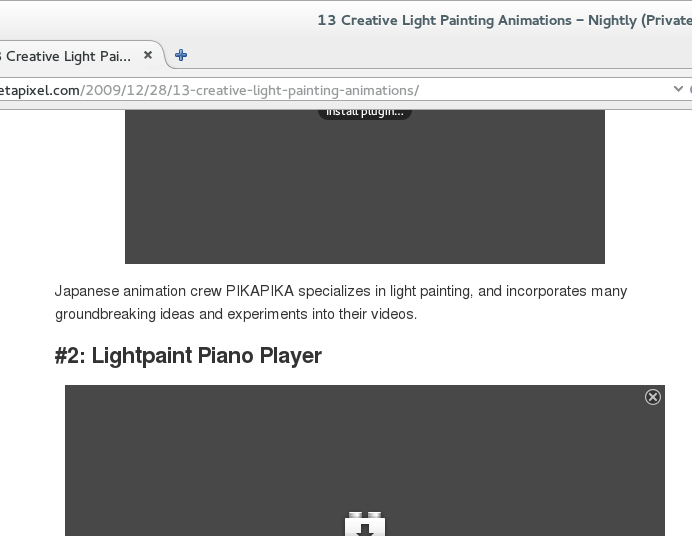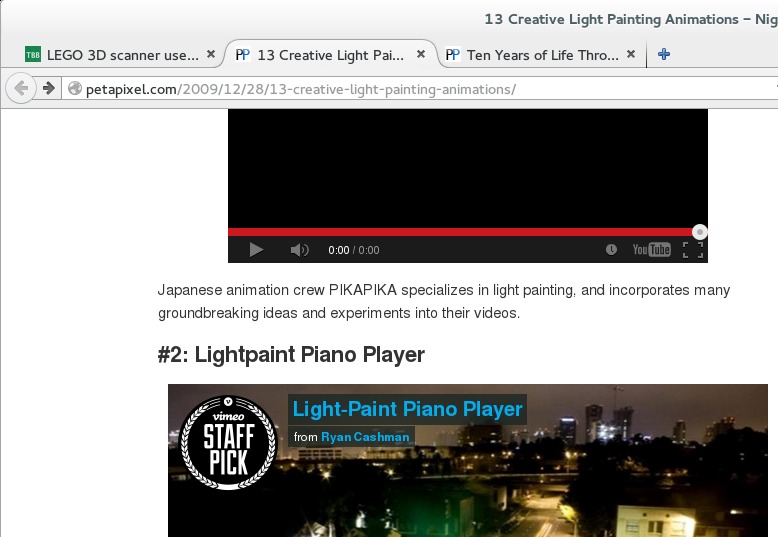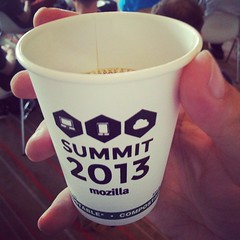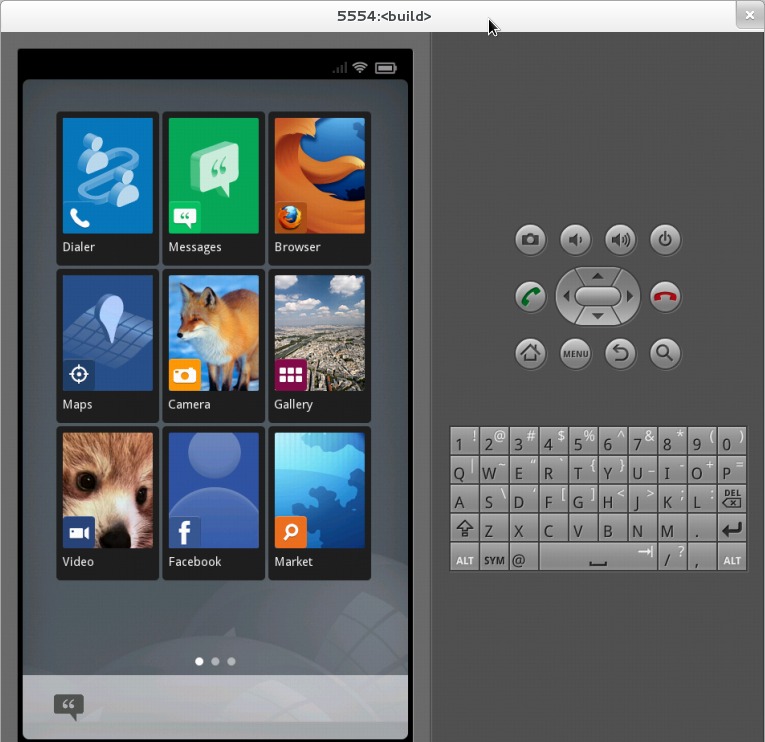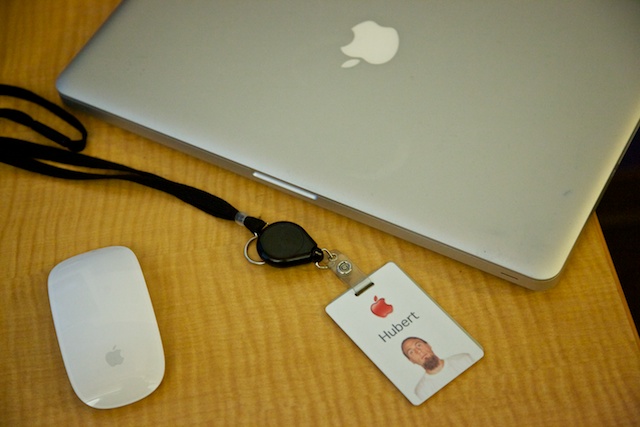Saturday 4 March 2017
Link: The Story of Firefox OS
By hub, Saturday 4 March 2017 at 21:33 :: Mozilla
Just a plain linkage to The Story of Firefox OS by Ben Francis. Ben retell the story so much better than I well ever be able to.
I’m incredibly proud of what we achieved with Firefox OS. If you measure its success against the original stated goals I think the project went way beyond its initial objectives. We went beyond a technical prototype to successfully ship 20 different commercial devices in over 30 countries, including smartphones and smart TVs. Apart from the incredible feats of engineering, prototyping 30 new APIs for the web platform and building possibly the most complex JavaScript codebase ever created, we built a mobile operating system from scratch and got it to market in less than two years. As far as I know no other team has ever done this.
I worked on Firefox OS for several years as well (I arrived on the project some time after Ben did) until mostly its end. I noticed there was a lot of misunderstanding in what the goal was, and a lot of questions. To me it was a great effort that tried to disrupt the market by opening the silos of mobile applications, using the web, trying to become the third mobile OS. A project a lot of people didn't think fit in Mozilla's mission. Its conclusion was much personal sadness.
Also remember, unlike Android, Firefox OS was developed in the true open source way: in the open, with community participation, and not behind closed doors with a code drop at each release, stripped down of features.
